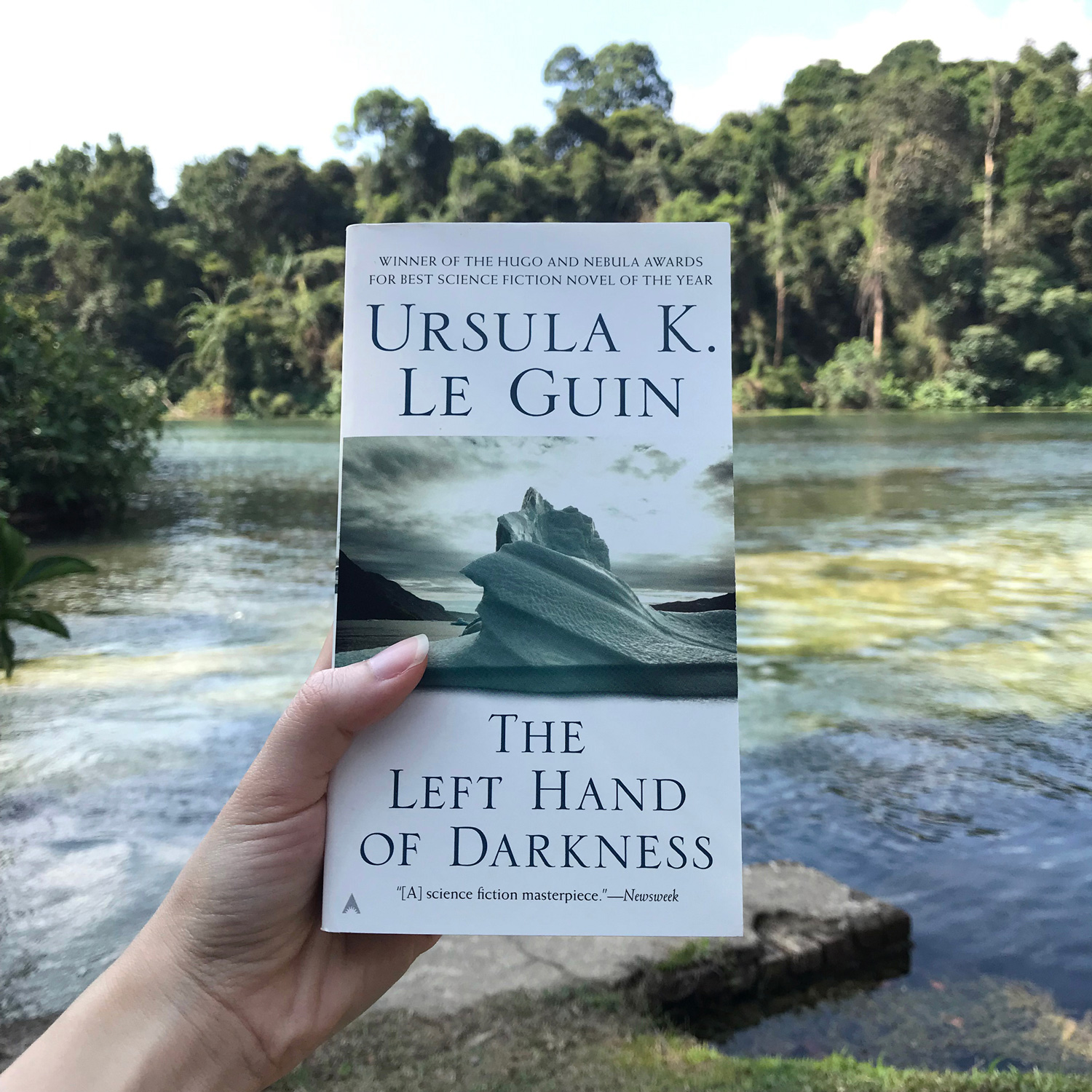Ta-Neshisi Coates once remarked on the acclaimed film Crash (2004), “If you're angry about race, but not particularly interested in understanding why, you probably like Crash.” He calls out the shallow and “unthinking” representation of race and racism, such as in the example of the character Peter, a helplessly blatant Black stereotype-who-hates-stereotypes. Yet the hollowness of the film went unobserved by critics who instead lauded the film with awards. The industry reaction parallels the “Black Square” trend on social media during Blackout Tuesday as sign of support for the recent resurgence of Black Lives Matter.
Criticised as performative activism, the Black Square undermined the movement by blocking out useful information for activists, protestors, donors, and petitioners while giving participants a false sense of engagement by merely sharing a blank post. Similarly, 8 minutes and 46 seconds of silence on Spotify or Apple Music does not deepen our understanding of the conflict.
In comprehending present day conflicts, we propose a more anthropological approach—simultaneously considering its historical and contemporary conditions. Titles recommended include:
Uncomfortable Conversations with a Black Man (interview series)
White Ignorance, Charles Mills (essay)
Why I’m No Longer Talking to White People About Race, Reni Eddo-Lodge (book)
Women, Race, & Class, Angela Davis (book)
Given the sensationalised headlines, social media influence and ideological bubbles constructed by recommender systems as mentioned before, seeking out the context is necessary to remain level-headed and to know how to engage meaningfully rather than signal virtue.


